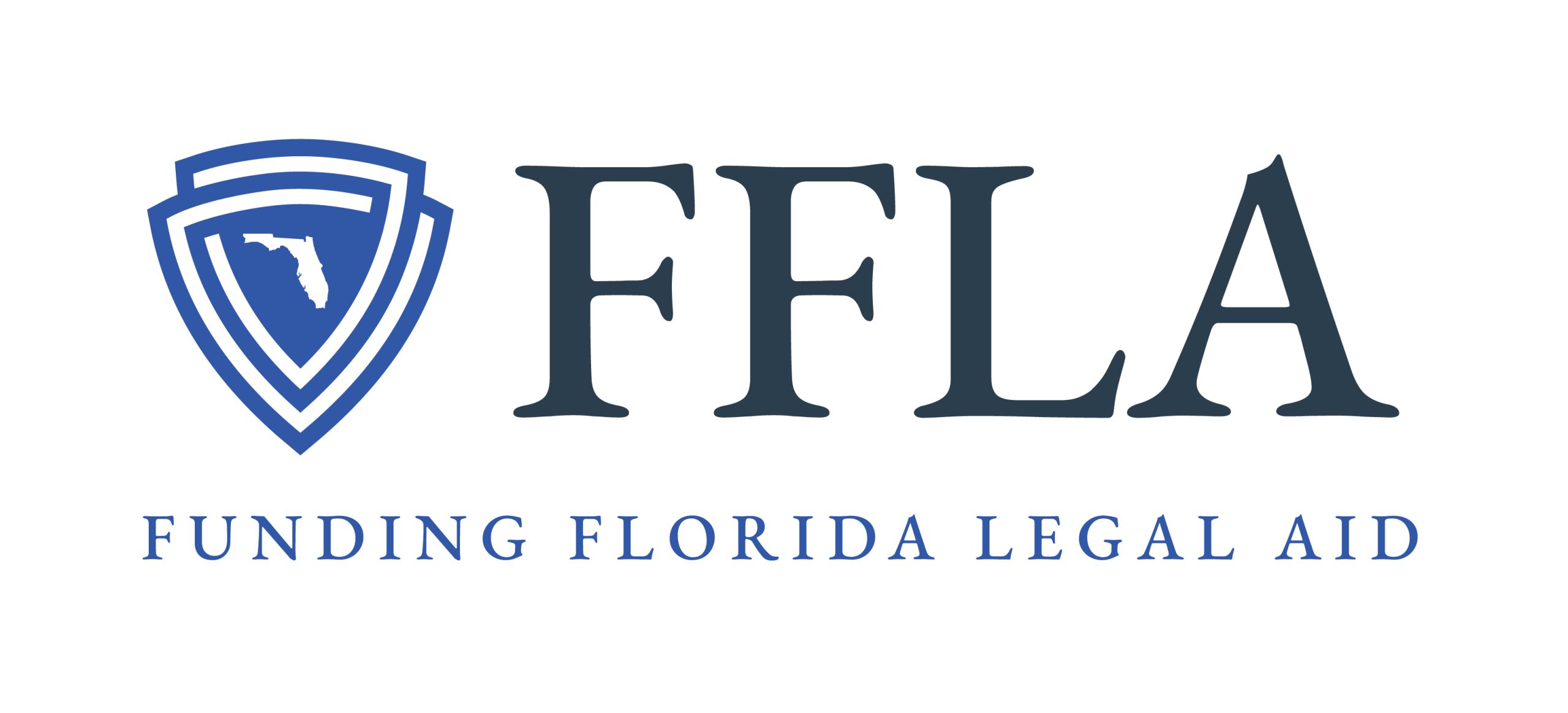Non-Profit Affordable Housing Developers
Central Florida has one of the most severe affordable housing crises in the nation. According to a report issued by the National Low Income Housing Coalition, the metropolitan Orlando area has only 15 affordable units for every 100 extremely low-income renter households. For additional information about the housing crisis in Orlando, please see the Gap Report.
Local governments, non-profits, and for-profit developers all play an important role in addressing the affordable housing crisis through a variety of funding sources and incentives. There are several models available to address the affordable housing crisis. A Community Land Trust (CLT) can provide access to affordable housing while also keeping housing affordable for future residents. Other affordable housing models often include Deed Restrictions or Low-Income Housing Tax Credits. This article will provide information on all three options for housing developers to consider.
CLS provides legal services to non-profit developers and community development corporations in a variety of affordable housing developments. Services include contract drafting, land acquisition, purchase and sale transactions, partnership agreements, and more.
ABOUT COMMUNITY LAND TRUSTS
Community Land Trusts (CLTs) are an affordable housing option that can be used both in rental and homeownership housing projects. The purpose of this model is to ensure the housing inventory remains affordable for an indefinite period of time. For instance, when a property is sold, the restrictions built into the CLT model only permit the sale of the home to another low-income buyer while still allowing the low-income seller a share in the accrued equity.
To establish a CLT, a non-profit corporation is formed for the purpose of managing the property for the benefit of the local community. Often, the CLT will also take title to the property (or multiple parcels) used for the land trust.
For more information about CLTs, download the documents on the right side of this web page.
Community Land Trusts benefit non-profit developers by enabling them to further their mission of increasing the inventory of affordable housing in their communities.
Community Land Trusts benefit home buyers because they make housing more affordable. In a homeownership scenario, the CLT will sell its ownership interest in the home to a low-income buyer but will keep ownership of the underlying land. This scenario makes the home cheaper for the buyer which results in a lower mortgage payment. In addition, the buyer will pay a small monthly fee (ground lease fee) to the CLT non-profit. The buyer will also be bound by a ground lease that restricts the buyer’s use of the land and spells out how equity is distributed between the buyer and the CLT when the buyer sells the home.
You should speak to an attorney to prepare a strategy for establishing a land trust.
ABOUT DEED RESTRICTIONS (COVENANTS)
Another option to keep housing affordable is to include restrictions (also known as covenants) in the deed when a property is first sold to a low-income buyer. Examples of common deed restrictions include limits on the resale price, buyer (financial) eligibility, and occupancy and use of the property.
Deed restrictions are a simpler option than a community land trust to keep housing affordable over time compared to the CLT model. But as a practical matter, the option may not always work as well in practice. Deed restrictions often are not effectively monitored and may not always be enforceable. It is best practice to speak to an attorney before making the decision to use deed restrictions in your affordable housing project.
Developers may use deed restrictions to establish and restrict the income guidelines for purchasers, both at the time they sell to the first buyer and for later purchases, which allows these developers to fulfill their mission to develop affordable housing.
Deed restrictions benefit home buyers by lowering the cost of a home. Buyers have access to housing prices to fit their income, while still giving them the opportunity to build wealth through their equity investment in the property.
You should speak to an attorney to draft appropriate deed restrictions.
ABOUT LOW INCOME HOUSING TAX CREDITS
The Low-Income Housing Tax Credit (LIHTC) program is designed to encourage private equity investments by developing affordable rental housing. Income guidelines are set for tenants of LIHTC projects to target the appropriate population in need of affordable housing. Investors in LIHTC deals receive tax credits, which they can claim on their tax returns over a 10-year period.
In Florida, this affordability structure remains in place for a minimum of 30 years but with the option to convert to market rates after the 14th year. For more information, see https://www.occ.gov/topics/community-affairs/publications/insights/pub-insights-mar-2014.pdf and https://www.floridahousing.org/programs/developers-multifamily-programs/low-income-housing-tax-credits.
Each year, the Florida Housing Finance Corporation(“FHFC”) releases requests for funding for tax credit projects. The process is extremely competitive and requires a great deal of planning before submitting an application. Non-profits considering applying for funding should speak to an attorney before applying or entering into an agreement to develop affordable housing, especially if there are other parties involved in the transaction.
The LIHTC program allows investors to contribute to the development of affordable housing and non-profit developers the opportunity to further their mission of increasing the inventory of affordable housing.
LIHTCs benefit home buyers because they make housing more affordable. Buyers have access to housing prices to fit their income.
You should speak to an attorney or tax professional before participating in a transaction that involves tax credits.
In Florida, the process works as follows:
- The IRS allocates federal tax credits to the Florida Housing Finance Corporation (FHFC), Florida’s housing credit agency. FHFC awards the tax credits to approved projects by issuing requests for applications (RFAs).
- The proposed projects are scored based on the priorities set by the agency. Several factors are considered when scoring applications and priorities may change depending on the RFA.
- The applicants that receive the award use the tax credits to involve private investors in their projects.
- The equity provided by the investor reduces the need to acquire debt, which ultimately reduces the cost of rent for lower-income renters.
WHAT TO CONSIDER BEFORE TAKING ACTION.
Before committing a non-profit’s time and resources to an affordable housing development, be sure you understand the non-profit’s role in the transaction and the full scope of the non-profit’s rights and responsibilities. Also, you should make sure your business arrangement is properly documented. It is best to speak with an attorney before you commit to a project and always speak to an attorney before purchasing land or receiving donated land.
If your non-profit is working with a developer, do not rely on the developer or its counsel to safeguard your interests. The developer’s attorney is required to act in the best interest of their client whose interests are different from yours. Seek out your own attorney before you make any significant decisions or commitments.

 Home
Home








